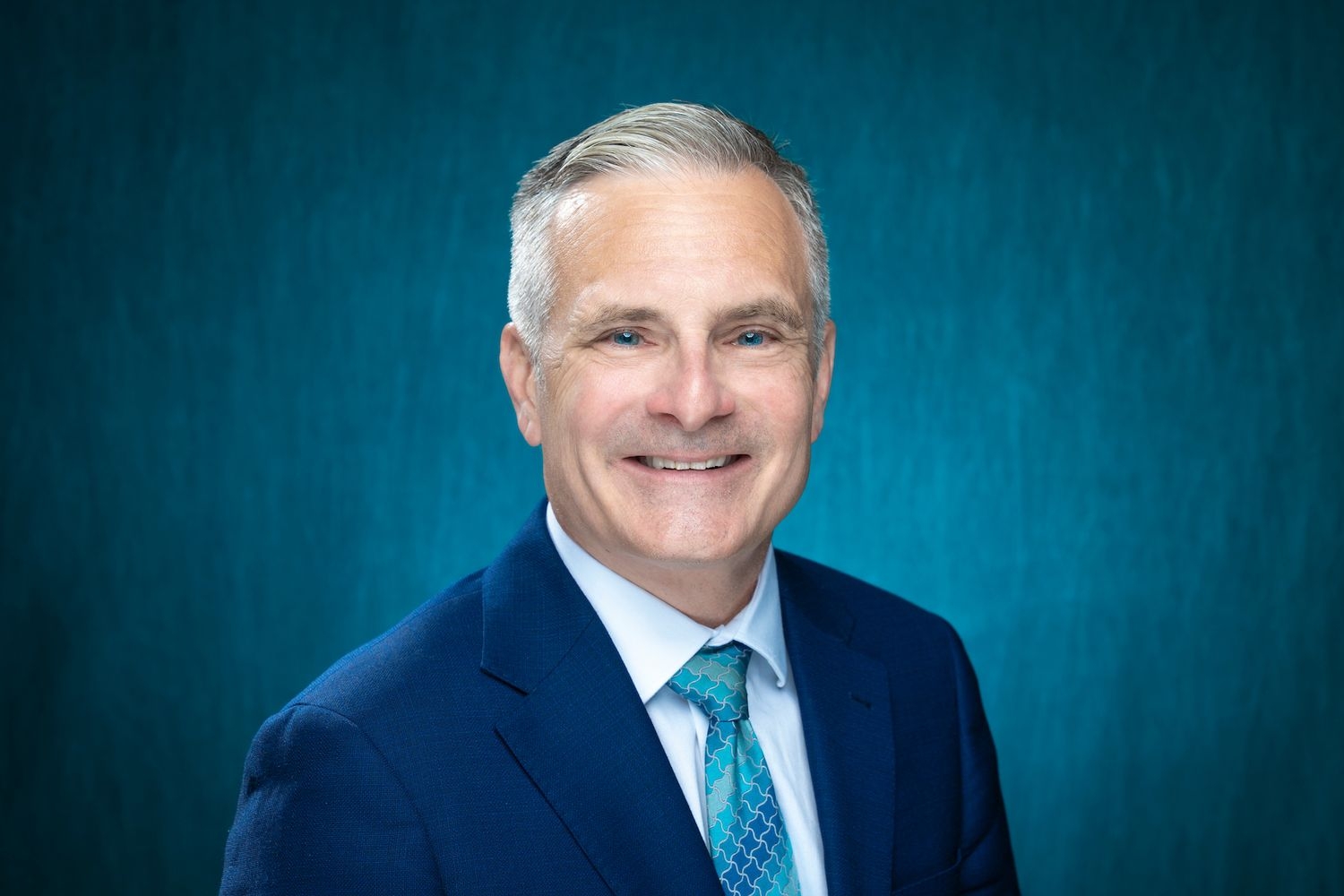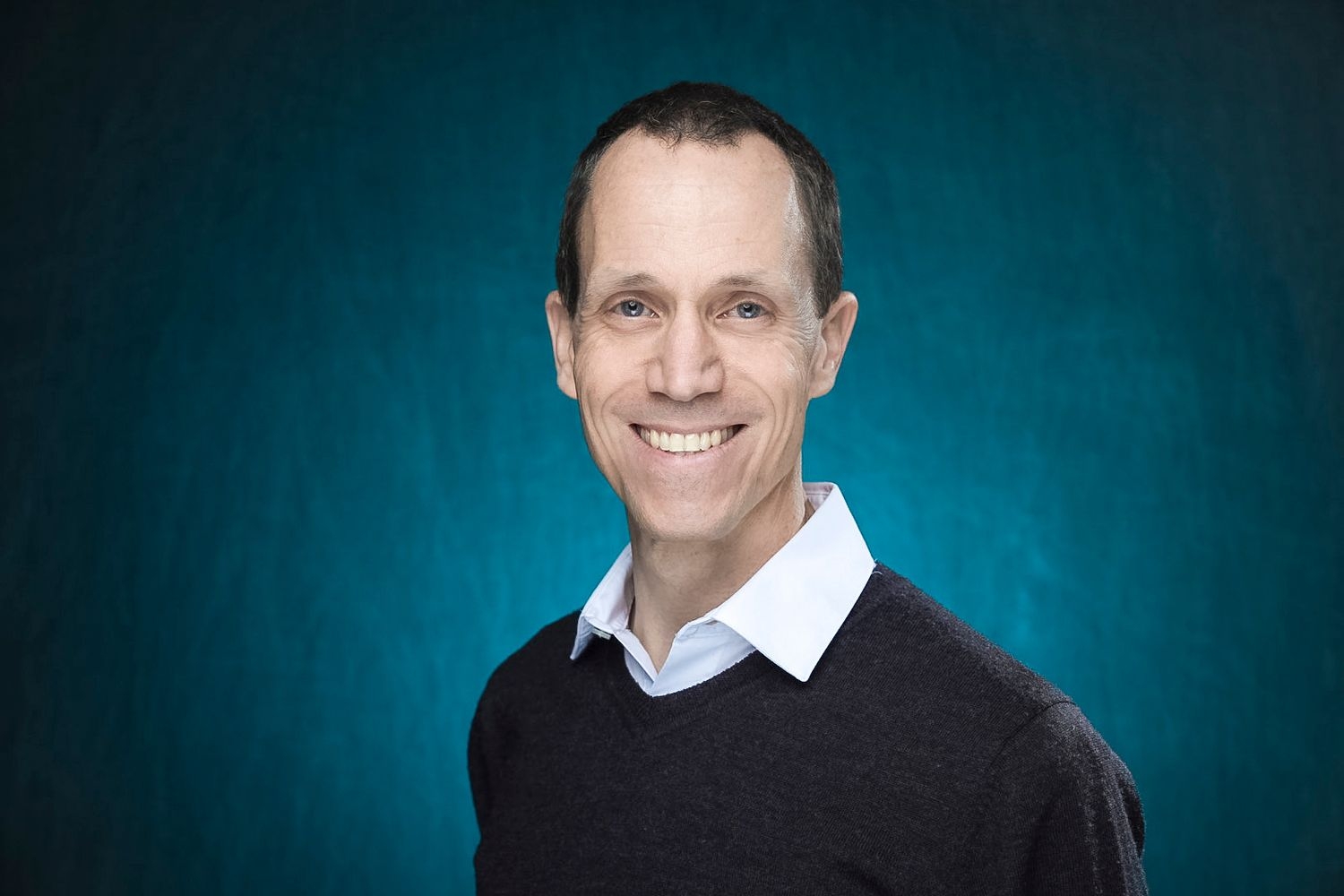News
Recent Posts
UNCW Names Robert T. Burrus Jr. Interim Provost and VC for Academic Affairs
Robert T. Burrus Jr., dean of the UNCW Cameron School of Business, has been named interim provost and vice chancellor for academic affairs, the...
Message from Chancellor and Cabinet: UNC Equality Policy Compliance
Considering recent videos discussing state universities’ compliance with DEI-related policies, we wanted to share some important reminders...
Seahawks Rising: UNCW Staff, Alum Make Annual “40 Under 40” List
Many of the names on The Greater Wilmington Chamber of Commerce's annual “40 Under 40” list are Seahawks.
Protecting Beauty of Coral Reefs Provides Economic Benefits
Matthew McLean's recent study explores what makes a coral reef appear beautiful to the public.
Seahawks Selected as ’25-’27 NOAA Hollings Scholars
Out of 820 applications from 85 campuses, three undergraduate Seahawks have been recognized in the 2025-2027 class of NOAA Hollings Scholars.
Marine Mammal Stranding Program Helps Rescue Manatee
Alison Loftis ’21, assistant stranding coordinator for UNCW’s Marine Mammal Stranding Program, was part of a team that rescued a...
Business students’ cold calling heats up nonprofit efforts
Undergraduates enrolled in Business Development and Account Management gain hands-on training in developing relationships and businesses through...
UNCW, Partners Strengthening Cape Fear Healthcare Workforce
UNCW hosted a panel discussion on Monday, June 9, in Discovery Hall to share an update with stakeholders on the New Hanover Healthcare Career...
Probiotics Show Promise in Slowing Coral Disease Impacting Caribbean Reefs
Assistant Professor Blake Ushijima co-authored a groundbreaking study revealing a bacterial probiotic can slow the spread of stony coral tissue...
UNCW Names Michael Wilhelm New Chief of Staff
Michael Wilhelm ’22 Ed.D., a seasoned administrator with extensive experience in higher education, has been named chief of staff at UNC...
Message from Chancellor Volety: Michael Wilhelm Named Chief of Staff
UNCW's new chief of staff is a leader who has already served our university well for nearly a decade—Dr. Michael Wilhelm.
Supporting Global Ocean Education
In South Africa, the nonprofit organization I AM WATER Ocean Conservation is making waves in environmental education with the help of a team of...
Planting Seeds for Success
Watson College of Education’s Ability Garden is helping students grow their confidence and independence, creating a community of empowerment...
They Got the Beat with ‘Head Over Heels’
The UNCW Departments of Music and Theatre teamed up for their first musical in 15 years, and audiences fell in love with “Head Over...
Ricanek Receives Intellectual Property Grant
Karl Ricanek Jr., professor in the UNCW Department of Computer Science and director of the Institute for Interdisciplinary Identity Sciences (I3S),...
Cathorall, Daidone Receive Fulbright Awards
Michelle Cathorall has received a U.S. Scholar Fulbright Award and Danielle Daidone has received a Fulbright postdoctoral fellowship.
The Sayeds’ Legacy of Generosity
The Sayeds committed $25 million to UNCW to support healthcare initiatives and teacher recruitment, the largest philanthropic commitment in...
Winebrake Appointed President of Coastal Carolina University
Dr. James J. Winebrake, Provost and Vice Chancellor for Academic Affairs, has accepted the position of President at Coastal Carolina University. He...
STEP-IN Partnership Creates Pathway for Teachers
UNCW is pleased to announce a partnership with six North Carolina Community Colleges that provides a pathway for students in rural areas to pursue...
Message from Chancellor: Provost Winebrake Appointed President of Coastal Carolina University
Dr. James J. Winebrake, Provost and Vice Chancellor for Academic Affairs, has accepted the position of President at Coastal Carolina University. He...
CIE's McWhorter Elected to NC IDEA Board of Directors
Center for Innovation and Entrepreneurship Director Heather McWhorter has been elected to serve on the NC IDEA Foundation's Board of Directors.
Alumni Events Year in Review Spring 2025
Updates from the UNCW Alumni Association about local events that both celebrate and serve
In Memoriam: October 2024-January 2025
Saying goodbye and remembering UNCW alumni and friends we lost October 2024-January 2025
Alumni Class Notes September 2024-January 2025
Updates on personal and career accomplishments and achievements of UNCW alumni
Caison Crossing Connects UNCW’s Past and Future
In recognition of the steadfast support of Hugh ’85 and Nan ’83 Caison, UNCW students now follow in the pair's footsteps by...
UNCW Research Team Approved for NCInnovation Funding
A multidisciplinary team developing a Neck Strength Assessment Tool received NCInnovation funding, bringing the technology closer to market.
Clinical Psychology Doctoral Program Receives Full Accreditation
UNCW’s clinical psychology doctoral program has received full accreditation by the American Psychological Association Commission on...
Nooner Accepted into ELATES at Drexel Program
Kate Nooner, senior associate dean in the College of Science and Engineering and professor in the Department of Psychology, has been accepted into...
UNCW Names 2025 Research Achievement Awardees
UNCW Research & Innovation announced eight faculty researchers have been named recipients of the 2025 Research Achievement Awards.
UNC Wilmington School of Nursing Celebrates its 40th Anniversary
The College of Health and Human Services celebrated the 40th anniversary of the School of Nursing, marking the occasion with a special event on...
UNCW Wins Esports Championship
The UNCW Esports Valorant Team won the NECC Division IV Championship on April 7, their second championship this academic year!
Associate Professor Joseph Covi Among National Class of Emerging Inventors
Department of Biology and Marine Biology Associate Professor Joseph Covi is among 162 honorees recognized this year by the National Academy of...
Davis Receives Distinguished Scholar Award
Brian Davis, professor in the UNCW Department of Physics and Physical Oceanography, is the recipient of the 2025 Fainting Robin Foundation...
CSE Partnership Creates Pathway for Computer Science Students
The UNCW College of Science and Engineering is excited to announce a Memorandum of Understanding (MOU) with the Department of Systems Engineering...
UNCW Wins Esports Conference Championship
The UNCW Valorant Team clinched the National Esports Collegiate Conference Division V championship on Dec 4 with a finals win over the University...
Waity Selected as RTI University Scholar
Jill Waity, professor of sociology and chair of the UNCW Department of Sociology and Criminology, has been selected as one of four 2024-2025 RTI...
UNCW Introduces Art & Art Education Program
UNCW has introduced a bachelor’s to master’s combined program in Art and Art Education. The program enables students to earn a...
WCE Introduces MAT in Special Education
UNCW’s Watson College of Education has introduced a new Master of Arts in Teaching in Special Education. Applications are open for the first...
UNCW Doctoral Student Receives NOSAMS Funding
UNCW applied coastal and ocean sciences doctoral student, Chris Blanco, has been awarded over $10,000 in radiocarbon analyses by the National Ocean...
Team to Participate in National Undergraduate Research Program
A team from UNC Wilmington’s College of Health and Human Services and the College of Science and Engineering has been accepted into the...
Gessner Named Kenan Distinguished Professor
Creative writing professor and lauded environmental writer David Gessner has been awarded the Thomas S. Kenan III Distinguished Professorship in...
UNCW Alumni Receive Pharmaceutical Chemistry Fellowships
Three UNCW alumni have been awarded fellowships in the Department of Chemistry and Biochemistry’s Pharmaceutical Chemistry doctoral program....
Almeida Receives 2024 RCSA Cottrell SEED Award
Paulo Almeida, professor in the UNCW Department of Chemistry and Biochemistry, is the recipient of a Research Corporation for Science Advancement...
Nooner and Patterson Named CSE Associate Deans
Kate Brody Nooner and Laurie J. Patterson have been named associate deans in the College of Science and Engineering.
UNCW Receives Funding for Nursing Education
The UNCW College of Health and Human Services, which includes the School of Nursing, recently received more than $2.4 million from the University...
Gloria Monroe Named SBTDC Director
The Small Business and Technology Development Center (SBTDC) at UNCW has named Gloria Monroe as the new center director.
UNCW Receives NIH Grant
UNCW has received a $452,750 grant from the National Institutes of Health to further animal behavior research and explore the possibility of...










































